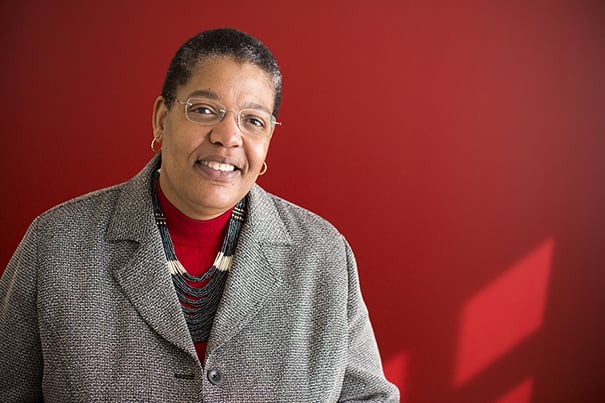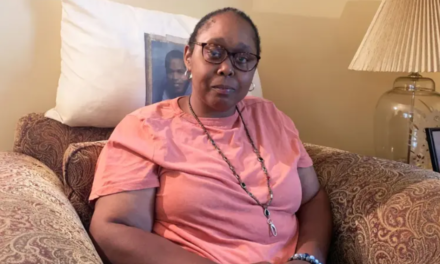THIS WEEK, ALABAMA passed a law that can only be described as anti-life. It aims to criminalize abortion from the moment of conception — even in cases of incest and sexual assault. Notably, all 25 senators who voted in favor of this measure, the most restrictive in the country, are men. Yet, the people who will bear its consequences are women — specifically, poor women from rural areas, who already face significant challenges. Not only is this unspeakably cruel, it’s accelerating a public health crisis already in the making.
To put it bluntly, politicians with no medical background are chipping away at women’s autonomy over their own bodies and lives — and leaving them to contend with an already overburdened, insufficient healthcare system they’ve done nothing to fix. And that will mean increased hardship, maternal deaths, and birth complications in a state that already ranks 50th in the country for infant mortality.
What’s happening in Alabama is a disgrace, but sadly, it’s not an anomaly. Six states are down to a single abortion clinic. In recent weeks, Georgia has moved to ban women from receiving abortions after six weeks — before most women even know they’re pregnant. Meanwhile, if enacted, an Ohio bill would prevent most private insurance companies from covering the procedure.
Across the country, states have enacted more than 400 abortion restrictions in the past decade, harming millions of women in the process.
We know from the days before Roe v. Wade that banning abortion doesn’t eliminate the demand for abortion — it only eliminates access to safe, legal abortion. Some women will be compelled to seek risky underground procedures which put them in danger of criminal prosecution and life-threatening complications. Others will have to travel farther and wait longer for legal abortions in other states. This will result in lost wages and, in many cases, costly hotel stays in neighboring states due to mandated-yet-medically unnecessary waiting periods.
Michelle A. Williams, a distinguished epidemiologist and educator, is dean of the Harvard T.H. Chan School of Public Health. She wrote this article for the Boston Globe.
Photo: Stephanie Mitchell/Harvard Staff Photographer








